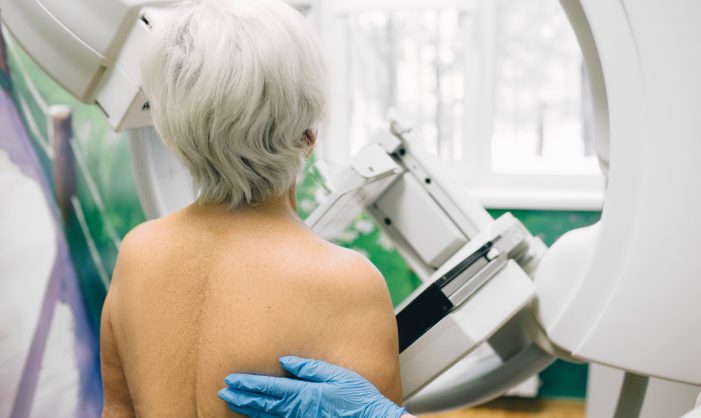One Million Cancer Diagnoses Missed in Europe Due to COVID-19 Pandemic

The Lancet Oncology European Groundshot Commission analyzed data of the ways in which the COVID-19 pandemic had an impact across Europe and found that there was an estimated one million missed cancer diagnoses across Europe in the last two years as a result of the pandemic. The impact that the pandemic has had on missed cancer diagnoses is expected to set back cancer outcomes of Europeans by almost a decade.1
European Groundshot Report Highlights Substantial Delays in Cancer Diagnoses and Treatment
The European Groundshot Report authored by The Lancet Oncology Commission published in The Lancet addresses Europe’s cancer and research challenges. The report states:
To emphasize the scale of this problem, we estimate that about 1 million cancer diagnoses might have been missed across Europe during the COVID-19 pandemic. There is emerging evidence that a higher proportion of patients are diagnosed with later cancer stages compared with pre-pandemic rates as a result of substantial delays in cancer diagnosis and treatment. This cancer stage shift will continue to stress European cancer systems for years to come. These issues will ultimately compromise survival and contribute to inferior quality of life for many European patients with cancer.2
The report, which examined cancer data in 44 European countries, explains that that late cancer
diagnoses and delayed intervention is primarily due to the repurposing of health care services as a result of national lockdowns in many countries.3The report also found that doctors saw 1.5 million fewer patients with cancer in the first year of the pandemic with one in two patients with cancer not receiving surgery or chemotherapy in a timely manner. Additionally, 100 million cancer-screening tests were missed and it is estimated that up to one million European citizens might have an undiagnosed cancer due to the backlog.4
Cancer Research in Europe Affected by Russia-Ukraine War
In addition to millions of missed cancer diagnoses and treatment, the ongoing war between Russia and Ukraine has presented a significant challenge to cancer research in Europe. Russia and Ukraine are two of the largest countries that conduct clinical cancer research in the world, particularly industry-sponsored clinical research. Many Ukrainian cancer clinical trials have cancer centers in central and eastern European countries and the conflict will likely result in many of these major trials being delayed.5
Dr. Andreas Charalambous, president of the European Cancer Organization said:
Whilst there has been a lot of news coverage on the Russian invasion of Ukraine, what has gone relatively unreported is its profound and continuing impact on clinical cancer research. We hope that our European Groundshot Commission will help to direct the necessary attention to the concerning and significant impact that the conflict will have on cancer research, including but not limited to clinical trials in Europe. There is already a burgeoning east-west divide in European cancer research and it’s crucial the Russia-Ukraine war does not cause this gap to grow.6
Researchers are saying that if Europe does not prioritize improving cancer health systems and cancer research, the region will face a cancer epidemic in the next decade.7
If you would like to receive an e-mail notice of the most recent articles published in The Vaccine Reaction each week, click here.
Click here to view References:
No comments:
Post a Comment